The Netflix Dark Crime Thriller Turns Terrifying Villain Into Twisted Antihero
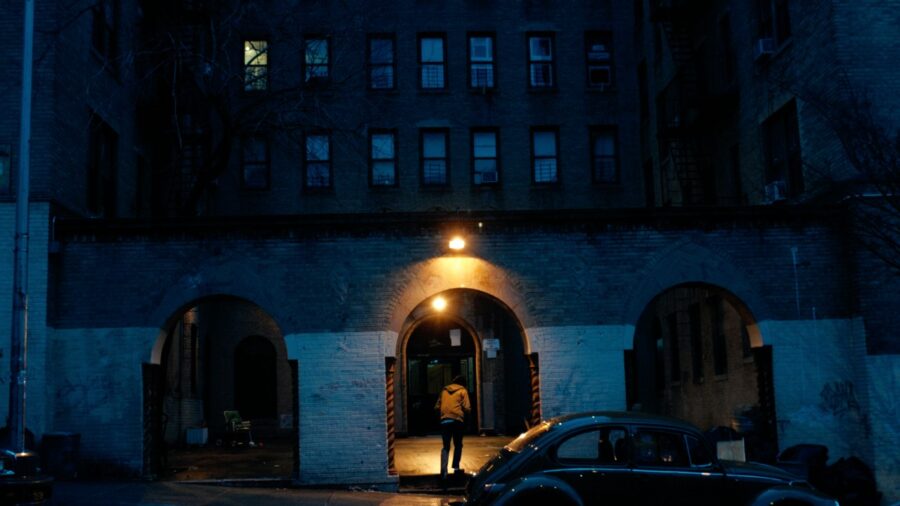
Five years after its release, it feels a breath away from impossible to look at Todd Phillips’s Joker — which is currently streaming on Netflix — through unbiased eyes. Between the accusations that it was spirit fuel for violent incels — and the outspoken efforts of just about everyone involved in the film to distance themselves from the notion that any one of them had ever so much as brushed up against an actual comic book — the flick comes with a lot of baggage. But if you can push that all aside, Joker is a magnificent psychological thriller that deserves its accolades and, for better or worse, forever changed how we look at the title character.
Arthur Fleck Is On The Ropes
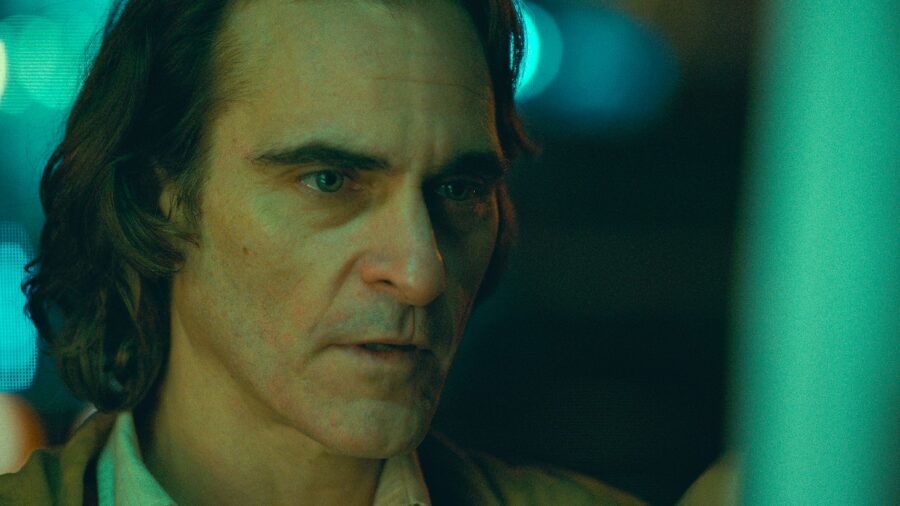
In Joker, Joaquin Phoenix plays the troubled Arthur Fleck, who dreams of the adoration and success that he imagines comes from being a performer like his favorite talk show host, Murray Franklin (Robert De Niro). But if he’s on the road to fame and fortune, he’s got a lot of steps to take. Fleck is a professional clown who lives with his mother, and an aspiring standup comic who no one thinks is funny.
In 1980’s Gotham City, Fleck’s access to the mental health care he desperately needs is drying up, leaving him nothing for comfort but the rich fantasy world in which he becomes an instant star. In the real world, the beatings he takes from strangers, the apathy of his employer, and the casual cruelty of Gotham squeeze Fleck until he responds with violence.
How Is A Supervillain Born?
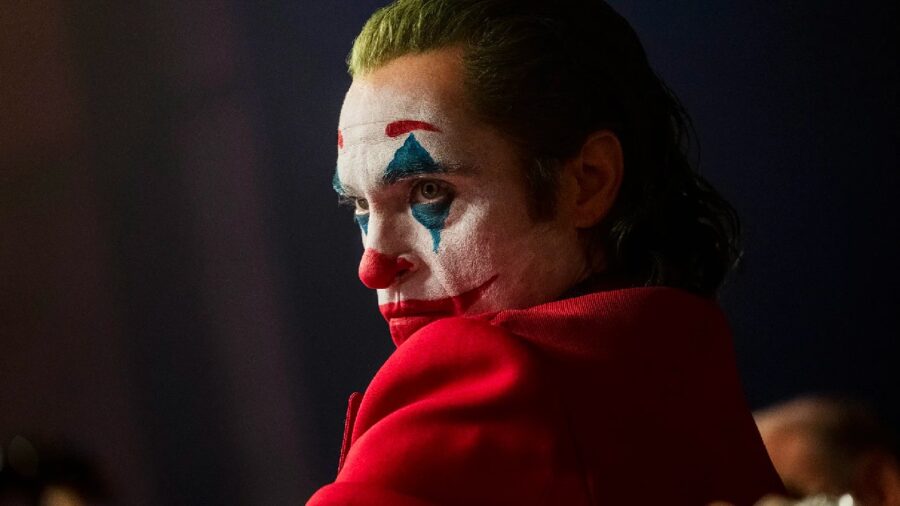
In spite of director Todd Phillips’s claims that he took no inspirations from comics for Joker, conceptually the film is similar to Alan Moore’s early ideas for Watchmen. While the comic book would come to be about much more than this, Moore’s earliest road into Watchmen was the question of what a superhero might be like in the real world; how would they act, how would they react to real world problems, and what would their motivations be?
Joker is Phillips’s answer to similar questions; most important among them, what would it take in the real world to turn someone into the Joker or someone like him? His answer is that you take someone who has little to nothing — no power, no influence, no mental stability, few creature comforts, and almost no connections — and you push them until they follow the advice that the late, great Prince gave us all: “Let’s Go Crazy.”
Arthur Is Not Just A Victim
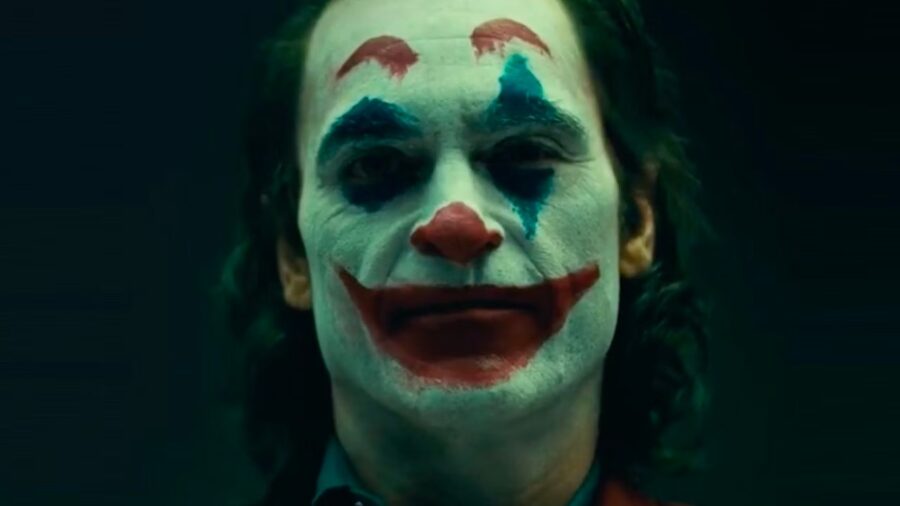
This version of the Joker is clearly, in part, a response to the cuts in social services enacted by the Reagan administration, but it would be a mistake to argue Phillips wants us to thank Fleck isn’t responsible for what he does. His transformation from Arthur to Joker is all but complete when he makes the horrific choice of murdering his own mother (Frances Conroy), but the event that makes this possible is when he realizes his relationship with Sophie (Zazie Beetz) is all a delusion.
Arthur Knows What He Is
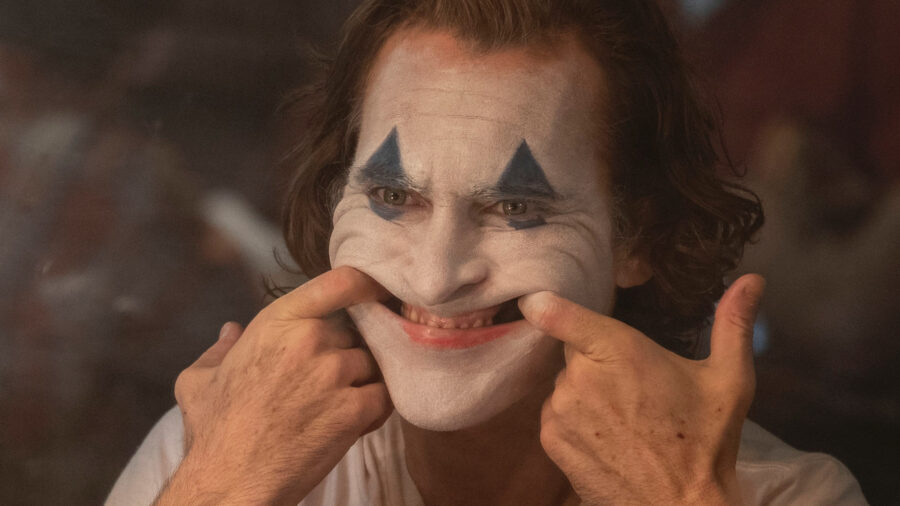
When Arthur becomes the Joker and ultimately murders Franklin, he’s delusional, but he knows it. After all, one of the characteristics that unites just about every version of the Joker across all media is that they are more than aware of their insanity. He knows what he’s doing, he knows his motives are products of delusion and fantasy, and rather than letting that knowledge deter him, he embraces it and lets it fuel him.
Joker Is A Great Film
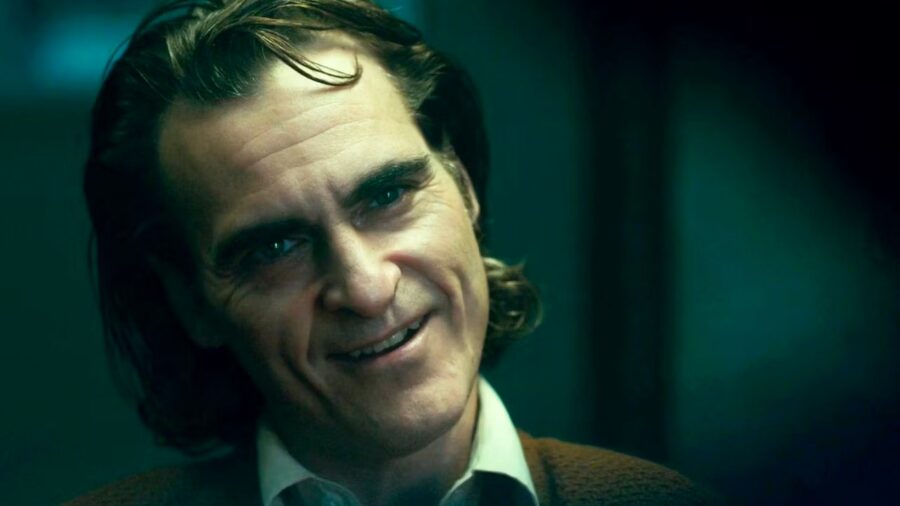
Joker is not perfect and there are questions we should all have about it. More than anything, I would love to know Phillips’s thinking regarding one disturbing trend others have pointed out–that the film is filled with women of color who are all portrayed, in one way or another, as victimizing Arthur (the mother on the bus, the social worker, Sophie, the psychiatrist at the end of the film).
Regardless, Joker is a wonderfully made film that faithfully recreates 1980’s New York City and is packed with amazing performances. You can stream it right now and decide for yourself on Netflix.












